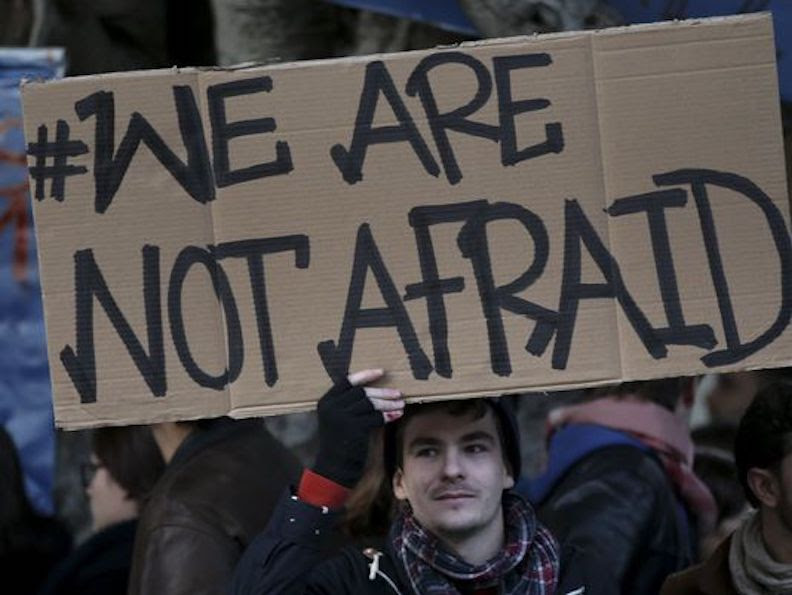
Nuclear war, Cyberattacks and environmental disasters top the list of threats to global stability in 2018, according to a survey of 1,000 international leaders from business, government, education and service groups. Some of them are man-made, while others are natural.
The risk report, interestingly says, that the risk another global financial meltdown, has ebbed because of economic expansions underway worldwide, the annual World Economic Forum’s Global Risks Report found.
But nature topped the most significant risks facing the world for a second year in a row. That includes natural disasters and extreme weather events, which they believe are human-abetted.
The risk of nuclear war climbed up the list of concerns as a result of North Korean leader Kim Jong Un’s tests of ballistic missiles and nuclear weapons and President Trump’s vows to annihilate North Korea if it launches an attack.
A near unanimous 93% of respondents expect a worsening of “political or economic confrontations/frictions between major powers” this year. Nearly 80% think risks associated with “state-on-state military conflict or incursion” and “regional conflicts drawing in major powers” will be higher than in years past.
Klaus Schwab, the forum’s founder, said one big issue will be “the future of global cooperation related to trade, environment, fight against terrorism, tax systems, competitiveness.”
Extreme weather in 2017 included three major Atlantic hurricanes — Harvey, Irma and Maria — that caused a record $200 billion in damage.
Record high temperatures struck southern Europe, eastern and southern Africa, South America and parts of Russia and China. The greatest concerns for North American business leaders are cyberattacks, terrorism, asset bubbles, fiscal crises and the failure of adapting to climate change.
“Humanity has become remarkably adept at understanding how to mitigate conventional risks that can be relatively easily isolated,” the report said. “But we are much less competent when it comes to dealing with complex risks in the interconnected systems that underpin our world, such as organizations, economies, societies and the environment.”
Other pressing concerns identified in the report included unprecedented data fraud or theft, mass migration due to war, natural disasters and poverty, large scale terrorist attacks and financial bubbles.
It is interesting that the leaders in all these industries see the things the Bible predicts are coming upon them. Yet, they refuse to acknowledge the legitimacy of the Bible and its predictions. Nor do they acknowledge God as sovereign who controls these elements, and protecting the righteous.
“For nation shall rise against nation, and kingdom against kingdom: and there shall be famines, and pestilences, and earthquakes, in divers places.” Matthew 24:7.
